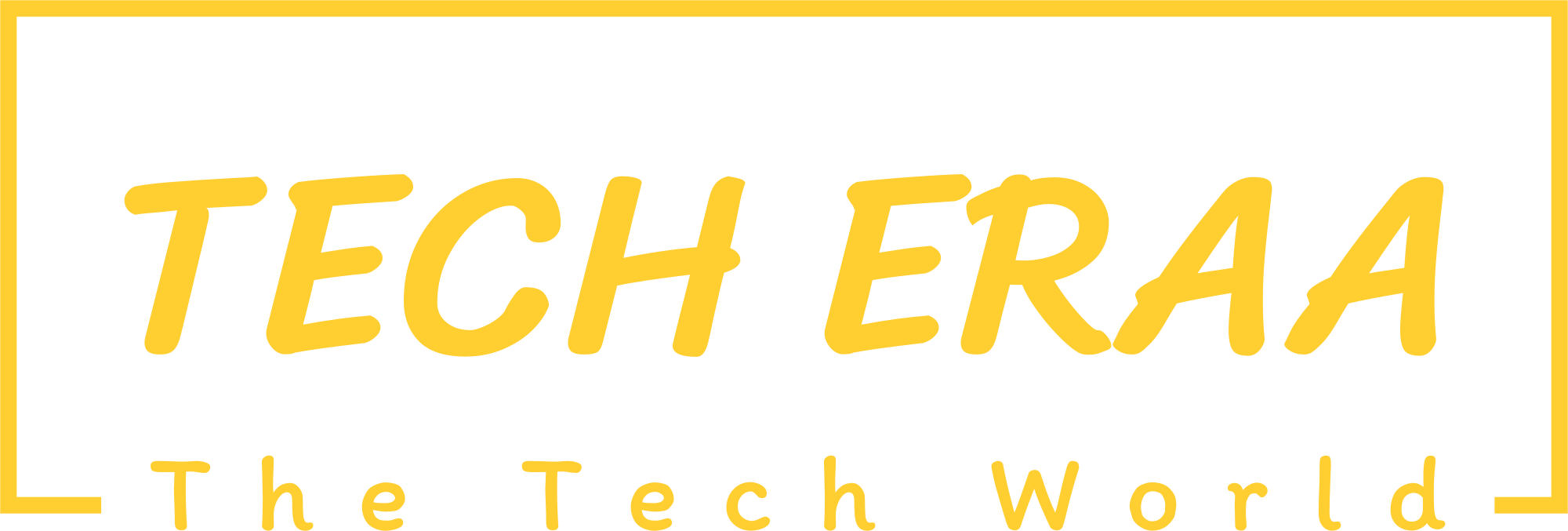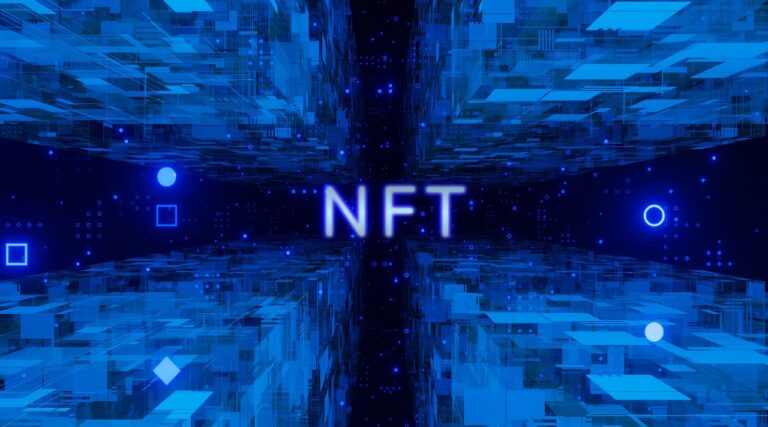Non-fungible tokens (NFTs) have taken the digital world by storm, revolutionizing the way we perceive and trade digital assets. From digital art to virtual real estate, NFTs represent unique and indivisible assets that are verifiable on a blockchain.
Keep reading as leading digital asset consulting experts share insights into how NFTs have revolutionized the concept of ownership, enabling the creation, trading, and ownership of digital art, collectibles, and other digital assets in a decentralized manner.
What are NFTs?
A non-fungible token (NFT) is a digital asset that represents ownership or proof of authenticity of a unique item or piece of content. Unlike cryptocurrencies such as Bitcoin or Ethereum, which are fungible and interchangeable, NFTs are indivisible and cannot be replicated. Each NFT is distinct and cannot be replaced or exchanged on a one-to-one basis with another token.
NFTs are built upon blockchain technology, which ensures transparency, security, and immutability of ownership records. By recording ownership and transaction history on a blockchain, NFTs provide a verifiable and tamper-proof record of authenticity, enabling creators and collectors to prove ownership and establish value for digital assets.
Recommended Read: What Sets NFTs Apart in the Digital Asset World?
A Run Down the Memory Lane: How NFTs Emerged
The inception of non-fungible tokens (NFTs) can be traced back to the Ethereum Whitepaper, which envisioned blockchain’s potential for creating unique digital assets akin to Namecoin’s domain names approach.
Counterparty, a project in 2014, played a crucial role in realizing this vision by enabling the trading of digital tokens, including the Rare Pepe collection, which introduced the concept of digital scarcity.
However, the narrative of NFTs shifted significantly with the launch of CryptoKitties in 2017, a blockchain-based game on Ethereum where players adopt, raise, and trade virtual cats, each possessing unique attributes. CryptoKitties quickly gained popularity, causing congestion on the Ethereum network and serving as a pivotal moment for the NFT movement.
This phenomenon prompted the development and standardization of the ERC-721 standard, which provided a blueprint for creating non-fungible tokens on the Ethereum blockchain. This standard formalized the digital uniqueness that NFTs represent, leading to their proliferation and diversification in the art world, gaming, and beyond, thus marking a new era in the history of digital collectibles and assets.
How NFTs Work
NFTs are typically created and traded on blockchain platforms that support smart contracts, such as Ethereum. Smart contracts are self-executing agreements that automatically enforce the terms of a contract when predefined conditions are met. In the context of NFTs, smart contracts govern the creation, ownership, and transfer of digital assets.
To create an NFT, a creator mints a token representing a unique digital asset, such as a piece of artwork, music, video, or virtual real estate. The creator attaches metadata to the token, including details about the asset, ownership rights, and any additional terms or conditions. Once minted, the NFT is recorded on the blockchain, establishing a provable and immutable record of ownership.
NFTs can then be bought, sold, and traded on digital marketplaces or platforms that support NFT transactions. Each transaction is recorded on the blockchain, updating the ownership records and establishing a transparent and auditable history of ownership.

Applications of NFTs
NFTs have a wide range of applications across various industries, including art, gaming, collectibles, virtual real estate, digital identity, and more. Let’s explore some of the key areas where NFTs are making an impact.
Digital Art
NFTs have revolutionized the art world by providing a new medium for artists to create, showcase, and monetize digital artwork. Artists can mint NFTs representing their creations, enabling collectors to purchase and own unique digital art pieces.
NFT marketplaces like OpenSea, Rarible, and Foundation have emerged as hubs for buying and selling digital art NFTs, fostering a vibrant and decentralized art community.
Gaming and Virtual Assets
In the gaming industry, NFTs enable players to own and trade virtual assets such as in-game items, characters, and skins. NFTs provide players with true ownership and control over their digital assets, allowing them to buy, sell, and exchange items across different games and platforms.
Blockchain-based gaming platforms like Axie Infinity, Decentraland, and Gods Unchained leverage NFTs to create immersive gaming experiences and foster player-driven economies.
Collectibles and Memorabilia
NFTs have revitalized the concept of collectibles and memorabilia in the digital age, allowing collectors to own and trade unique digital collectibles such as trading cards, virtual pets, and limited-edition merchandise.
NFT marketplaces offer a diverse range of collectibles, catering to a wide range of interests and fandoms. Collectors can purchase NFTs representing their favorite characters, artists, or franchises, creating a new market for digital memorabilia.
Virtual Real Estate and Metaverses
NFTs are also used to represent ownership of virtual real estate and properties within virtual worlds or metaverses. Platforms like Decentraland, The Sandbox, and Cryptovoxels enable users to buy, sell, and develop virtual land using NFTs.
Virtual real estate NFTs offer opportunities for investment, creativity, and social interaction within decentralized virtual environments, blurring the lines between the physical and digital worlds.
Digital Identity and Credentials
NFTs have the potential to transform digital identity and credential management by providing secure and verifiable records of identity, certifications, and achievements.
Individuals can use NFTs to prove ownership of digital assets, authenticate their identity, and share credentials such as diplomas, licenses, and certifications.
Blockchain-based identity platforms leverage NFTs to create self-sovereign identity solutions, empowering individuals to control and manage their digital identities securely.
Explore More: Emerging Trends in NFT Markets
Implications of NFTs
- Empowering Creators
NFTs empower creators to monetize their digital creations and establish value for their work in a decentralized and transparent manner. Artists, musicians, writers, and other creators can reach global audiences, retain ownership rights, and receive fair compensation for their contributions, bypassing traditional intermediaries and gatekeepers.
- Democratizing Ownership
NFTs democratize ownership by providing individuals with access to unique and scarce digital assets. Collectors and enthusiasts can own and trade digital art, collectibles, and virtual assets, regardless of their geographic location or socioeconomic status. NFTs offer opportunities for participation and investment in emerging markets and creative industries, leveling the playing field and expanding access to ownership.
- Redefining Value
NFTs challenge traditional notions of value and ownership by introducing new forms of digital scarcity and authenticity. The value of an NFT is determined by factors such as rarity, provenance, demand, and cultural significance rather than intrinsic utility or physical presence.
NFTs enable creators and collectors to assign value to digital assets based on subjective criteria, fostering diverse and inclusive ecosystems of cultural expression and innovation.
- Addressing Copyright and Licensing
NFTs raise important questions about copyright, intellectual property rights, and licensing in the digital age. While NFTs provide creators with control over their digital assets, they also raise concerns about ownership, attribution, and derivative works.
Blockchain-based solutions and smart contracts offer potential mechanisms for managing copyright and licensing agreements, ensuring fair compensation and recognition for creators while protecting intellectual property rights.

How to Buy NFTs
Choose a Marketplace: Start by selecting a reputable NFT marketplace where you can browse, buy, and sell NFTs. Popular NFT marketplaces include OpenSea, Rarible, and Foundation, among others.
Create an Account: Sign up for an account on your chosen NFT marketplace. Make sure to verify your identity and secure your account with strong passwords and two-factor authentication (2FA) for added security.
Connect Your Wallet: To buy NFTs, you’ll need a compatible cryptocurrency wallet to store your digital assets. Most NFT marketplaces allow you to connect your wallet directly to their platform. Popular wallets for storing NFTs include MetaMask, Trust Wallet, and Coinbase Wallet.
Browse and Purchase: Once your wallet is connected, browse the marketplace for NFTs that interest you. You can filter listings by category, price, and creator. When you find an NFT you want to buy, follow the prompts to initiate the purchase transaction. Be sure to review the details, including the price and any associated fees, before confirming the transaction.
Complete the Transaction: After confirming the purchase, you’ll need to approve the transaction using your connected wallet. Follow the prompts on your wallet interface to confirm the transaction and authorize the transfer of funds.
Once the transaction is confirmed, the NFT will be transferred to your wallet. You can view your newly acquired NFT in your wallet’s collection or on the NFT marketplace where you made the purchase.
How to Store NFTs
Choose a Secure Wallet: Look for wallets that offer robust security features, such as encryption, multi-signature support, and compatibility with NFT standards like ERC-721 or ERC-1155.
Set Up Your Wallet: Install and set up your chosen wallet following the instructions provided by the wallet provider. Make sure to back up your wallet’s seed phrase or private key and store it securely offline. This will ensure that you can access your NFTs even if you lose access to your wallet.
Transfer Your NFTs: Transfer your purchased NFTs from the marketplace to your wallet for safekeeping. Most NFT marketplaces allow you to withdraw NFTs from their platform to an external wallet. Follow the withdrawal instructions provided by the marketplace and confirm the transfer using your wallet.
Monitor Your Holdings: Keep track of your NFT holdings and monitor their value over time. You can view your NFT collection within your wallet interface or use blockchain explorers to track NFT transactions on the blockchain.
Practice Good Security Habits: Protect your wallet and NFTs by practicing good security habits, such as regularly updating your wallet software, avoiding phishing scams, and keeping your wallet’s seed phrase or private key confidential. Be cautious when interacting with unknown or unverified smart contracts, and always double-check transaction details before confirming.

Explore The Limitless Possibilities Of NFTs Securely With Kenson Investments
With a wealth of experience in blockchain-based investment opportunities, experts at Kenson Investments can be your guiding light as you navigate the dynamic world of non-fungible tokens or other digital assets.
The global digital asset consulting firm offers comprehensive and customized consulting solutions tailored to meet the unique needs of businesses, startups, and hedge fund firms. With proven expertise and a personalized approach, the experts will guide you through every step of your NFT journey, from acquisition to storage and beyond.
Whether you’re an artist looking to tokenize your creations or an investor seeking valuable digital assets, a dedicated team of experts will empower you with the knowledge and resources you need to succeed in the fast-paced world of digital collectibles.
Call now to thrive in the digital asset landscape with Kenson Investments.
About the Author
Emily Roberts is a seasoned financial analyst and digital asset consultant with a passion for helping businesses navigate the complex world of digital assets. With over a decade of experience in the finance industry, Emily specializes in blockchain technology, cryptocurrency investments, and decentralized finance (DeFi). Her expertise lies in providing strategic guidance and innovative solutions to optimize digital asset portfolios and enhance investment performance.
Disclaimer: The content provided on this blog is for informational purposes only and should not be construed as financial advice. The information presented herein is based on personal opinions and experiences, and it may not be suitable for your financial situation. We strongly recommend consulting with a qualified financial advisor or professional before making any financial decisions. Any actions you take based on the information from this blog are at your own risk.


